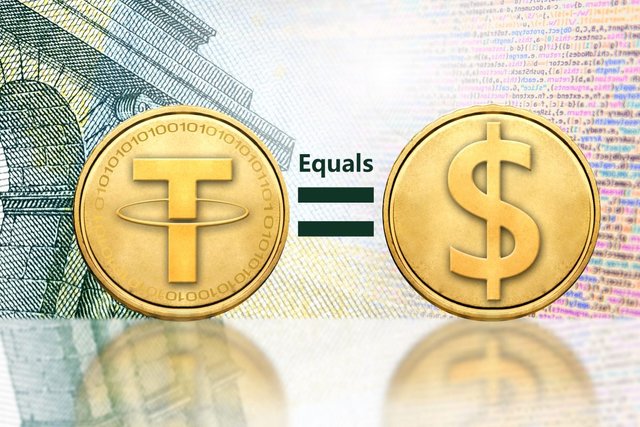Strange case of Tether: Hiring law firm for auditing

Once again, the stable coin Tether (USDT) tried to prove its transparency to the cryptocurrency investors community. After terminating the contract with the former auditors of Friedman LLP in the early 2018, Tether has hired a law firm, co-founded by former FBI director Louise Freeh, to audit the company's financial statements.
On their website, Tether has announced a partnership with Freeh, Sporkin & Sullivan LLP (FSS) to check their bank account documents and conduct uninformed inspections of the amount of Tether tokens in circulation and the corresponding reserves. Tether is a token that is expected to replace fiat currencies on trading platforms, and the company that issued the tokens claims that each token has $1 reserve at Tether’s bank accounts.
FSS had been reviewing Tether’s accounts at two banks for weeks, but eventually did not conducted any formal audits; it just checked the account balances and bank documents.
Tether's General Counsel told the reporters:
“The bottom line is that an audit cannot be obtained [...] The barriers to getting audited are simply too big to overcome right now, and not just for us.”
In a report prepared by FSS, on June 1st, 2018, FSS randomly inspected Tether’s bank accounts and announced the amounts as below:
- Bank 1: $1,968,538,585
- Bank 2: $576,528,652
- Total: $2,545,067,237

After receiving account statement from the bank, FSS required Tether's Chief Financial Officer and the counsel to submit a report on the number of tokens in circulation. The data of June 1st showed that the amount of USDT in the market is worth $2,538,090,824, roughly equivalent to the reserved amount held in the banks. FSS confirmed that Tether personnel were not informed about the tests and did not provide the information they received from the two banks for Tether.
According to the scope of engagement between Tether and FSS, FSS is not an accounting firm and the statements above did not use generally accepted accounting principles (GAAP). Bank statements and Tether account balances were not subjected to audit, nor based on generally accepted auditing standards. In addition, the names of the two banks were also not disclosed due to customer privacy policies.
In the whitepaper, Tether states that the financial statements will be regularly and publicly audited by professional auditors. However, Tether has never made a formal audit since its establishment. But that didn’t stop it to issue large batches of tokens without explicit explanation. Due to the lack of transparency of this latest report, investors’ trust in Tether has yet to be earned back.
Written by @daigv from nami.today